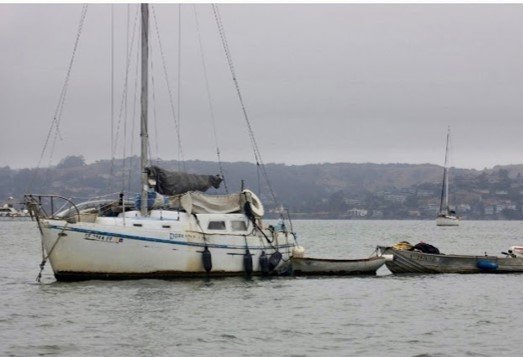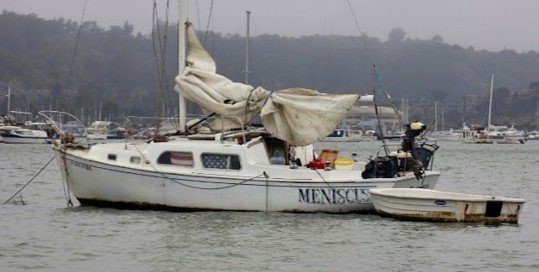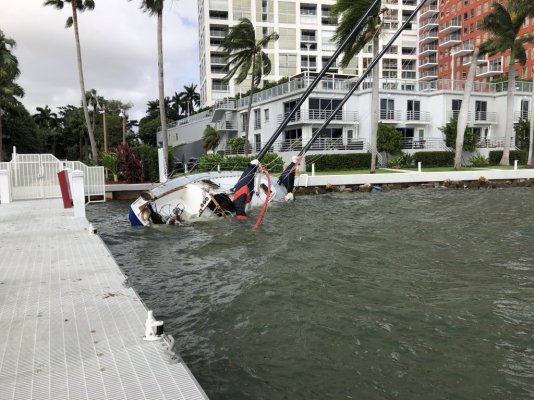mvweebles
Guru
- Joined
- Mar 21, 2019
- Messages
- 7,781
- Location
- United States
- Vessel Name
- Weebles
- Vessel Make
- 1970 Willard 36 Trawler
State of Florida is considering updating their statutes to discourage longterm/indefinite anchor-outs and liveaboards on state controlled waters while continuing to encourage transient cruisers and snowbirds. Feedback from the Cruiser community is invaluable. They are trying to close loopholes used by permanent anchor-outs to remain indefinitely in anchorages but are very sensitive to assuring Cruisers are welcomed in Florida's waters.
Comments will be compiled and forwarded to state representatives.
Comments will be compiled and forwarded to state representatives.



